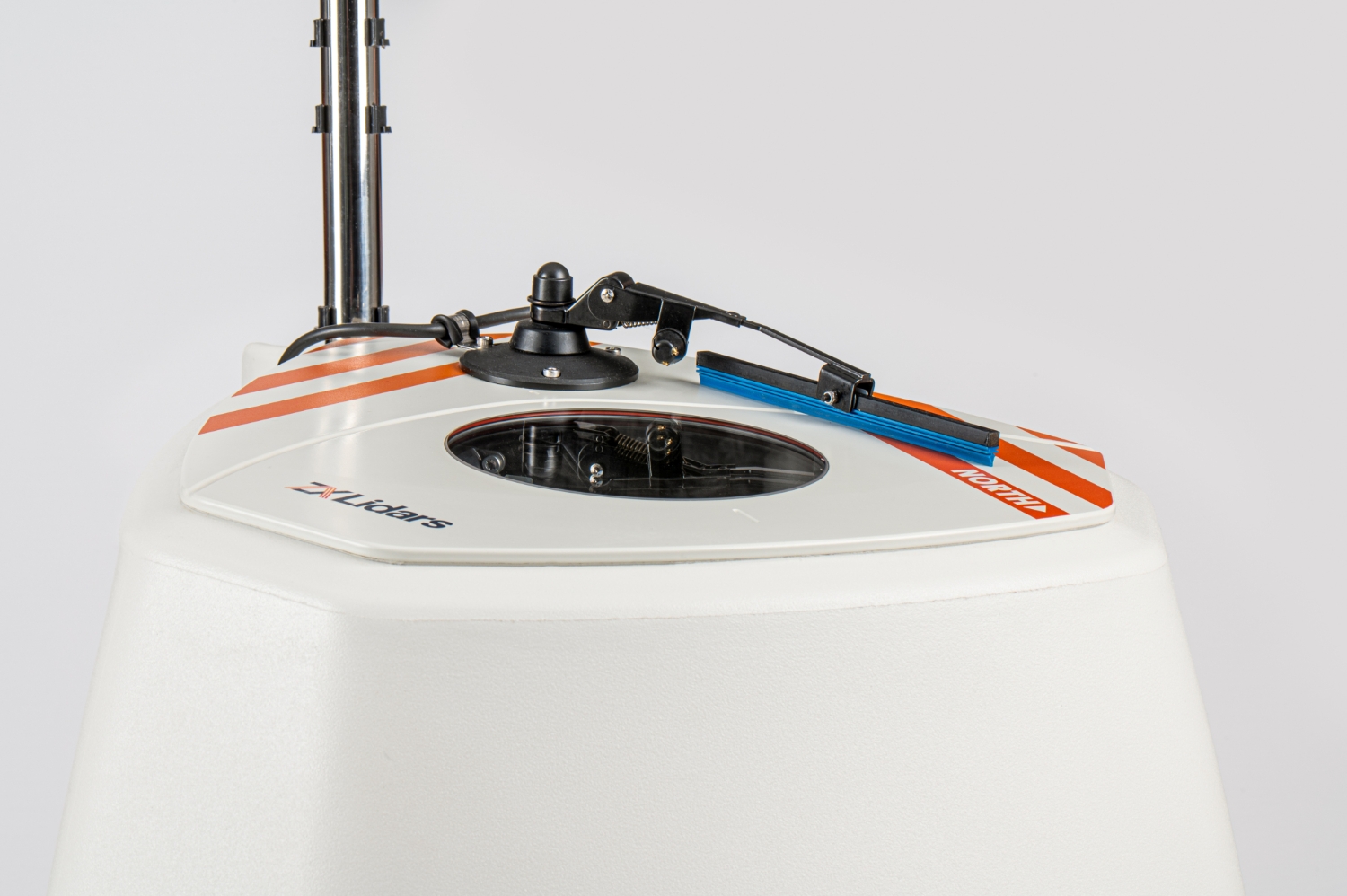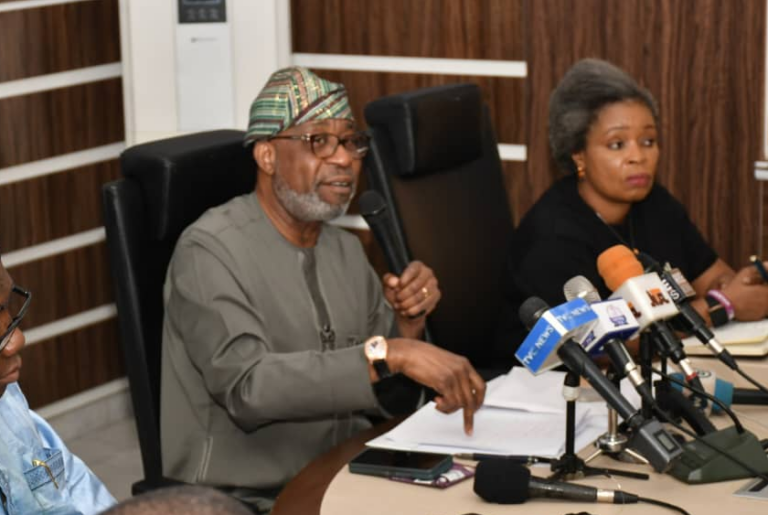By Oke Peter
The ongoing investment in refining, petrochemicals, fertilizer and gas is driven by the desire to bring innovation and efficiency into all aspects of Nigeria’s oil and gas sector, the President/Chief Executive, Aliko Dangote has said.
Dangote, who made this disclosure yesterday, at the ongoing Nigeria International Petroleum Summit (NIPS), in Abuja, said the company is committed to the concept of energy efficiency and innovation in the oil and gas sector.
The business mogul, whose 650,000 barrels-per-day capacity refinery is reputed as the largest in Africa, was represented by the Group Executive Director, Government and Strategic Relations, Dangote Industries Limited, Ahmed Mansur.
Addressing participants at the forum, Mansur said the theme of the conference, “Shaping the Future through Efficiency and Innovation”, was quite apt; given Nigeria’s quest for economic transformation.
According to him, Aliko Dangote is passionate about efficiency and innovation in the oil & gas sector through adding value to the hydrocarbon process.
Mansur said the company’s passion and drive is seen in the building of the project, which will become the world largest single train refinery on completion and therefore a boost to Nigeria’s economy.
He said: “The Refinery can meet 100 per cent of the domestic requirement of all liquid petroleum products (Gasoline, Diesel, Kerosene and Aviation Jet), leaving the surplus for export.
“This high volume of PMS output from the Dangote Refinery will transform Nigeria from a petrol import-dependent country to an exporter of refined petroleum products. The refinery is designed to accommodate multiple grades of domestic and foreign crude and process these into high-quality gasoline, diesel, kerosene, and aviation fuels that meet Euro V emissions specifications, plus polypropylene,” he said.
Mansur disclosed that Dangote is also constructing the largest fertiliser Plant in West Africa with capacity to produce 3.0 million tonnes of Urea per year as part of the economic transformation project.
He explained that the Dangote Fertiliser complex consists of Ammonia and Urea plants with associated facilities and infrastructure.
“Nigeria will be able to save $0.5 billion from import substitution and provide $0.4 billion from exports of products from the fertiliser plant. Thus, supply of fertiliser from the plant, which is set for commissioning before the second quarter of 2019, will be enough for the Nigerian market and neighbouring countries,” he added.
Speaking further, he said at a time when the oil and gas industry and the global economy is in a state of flux, it is most appropriate that attention should be given to the future especially given the speed and quantum of change taking place in every facet of human endeavour.
“Our economy in particular cannot afford to ignore these massive changes. Our decades of dependence on this industry for our economic well-being and the urgent need for diversification has been widely recognised and is clearly the most critical challenge for our policy makers.
“But even as we seek to diversity from oil, and we are, indeed, making observable progress in this regard, we cannot ignore the need to continue to exploit this God-given resources in a more efficient and innovative manner,” he added.
He commended the management of the Nigerian National Petroleum Corporation (NNPC) for supporting Dangote’s quest to make Nigeria self-sufficient in the production of petroleum products.









https://www.tellern.com Telegram应用是开源的,Telegram下载的程序支持可重现的构建。Telegram同时适用于以下环境:Android安卓端,iPhone 和 iPad及MacOS的Apple端,Windows/Mac/Linux桌面版
They have expertise in handling international shipping regulations.
generic lisinopril without rx
A pharmacy that prioritizes global health.
Always responsive, regardless of time zones.
lisinopril rxlist
Setting the benchmark for global pharmaceutical services.
They have expertise in handling international shipping regulations.
how to buy cheap cipro without prescription
The staff always remembers my name; it feels personal.
Their pet medication section is comprehensive.
can gabapentin be taken with remeron
Their private consultation rooms are a great addition.
Their cross-border services are unmatched.
gabapentin ohne rezept
Their medication therapy management is top-notch.
This pharmacy has a wonderful community feel.
order cytotec pill
Their international team is incredibly knowledgeable.